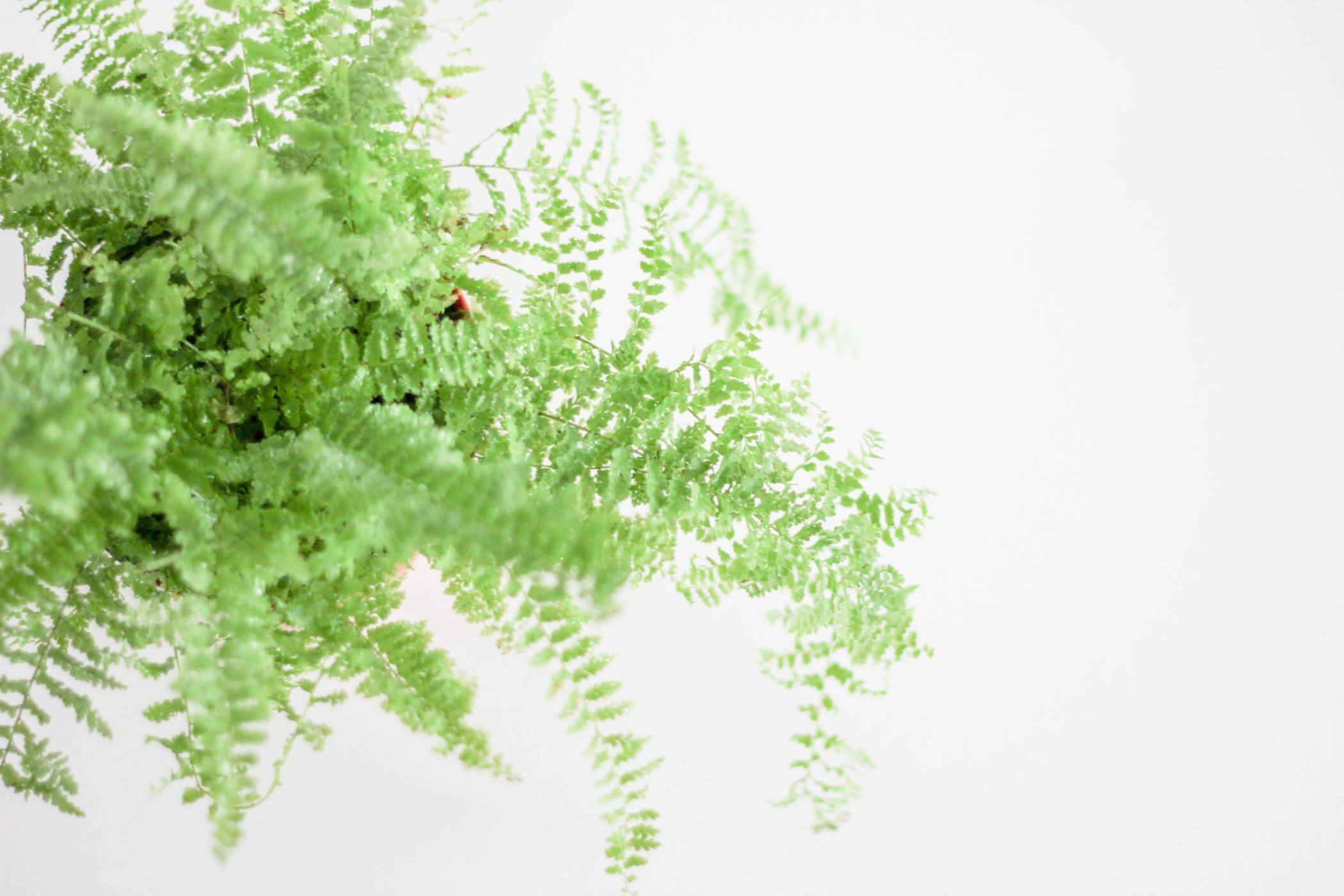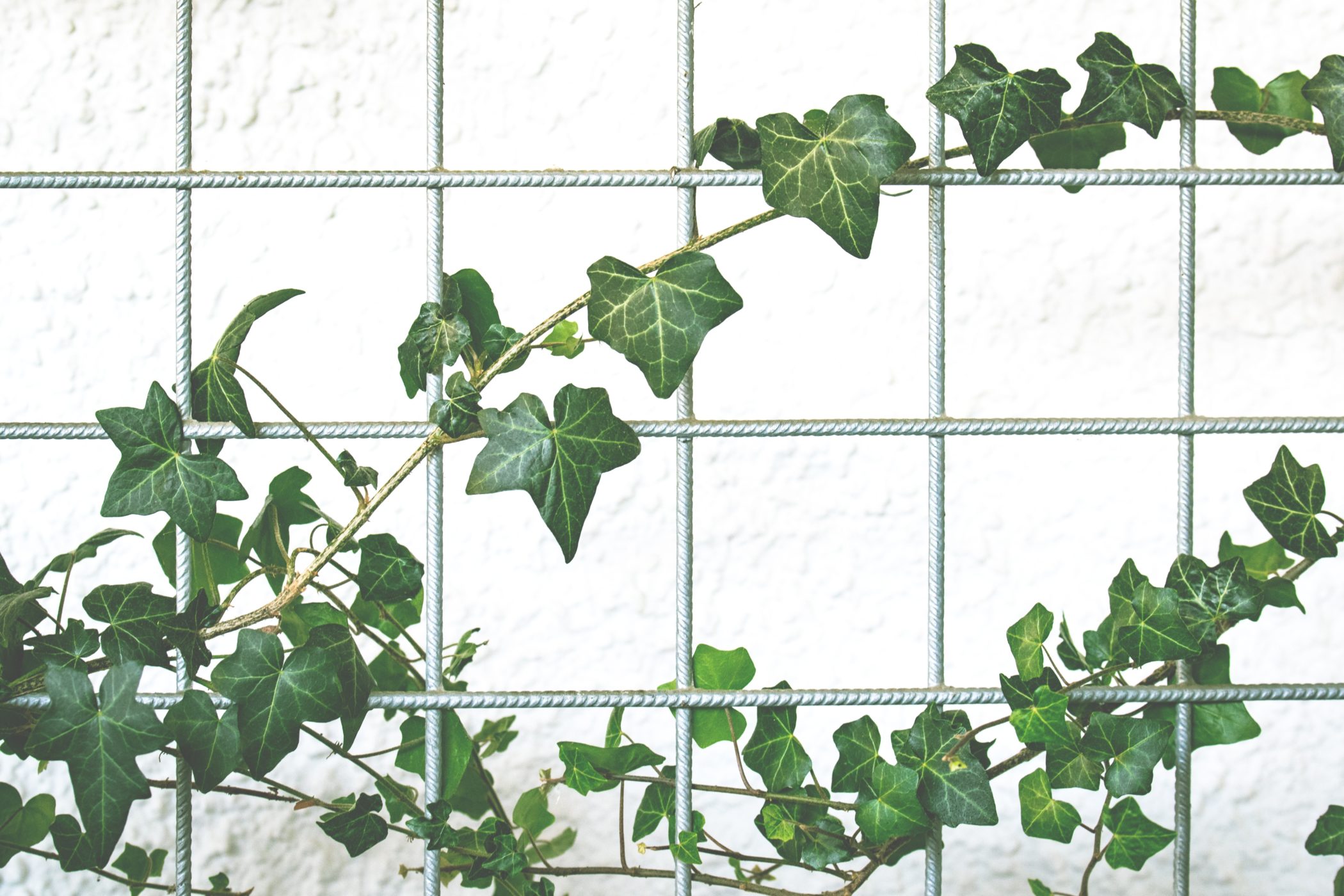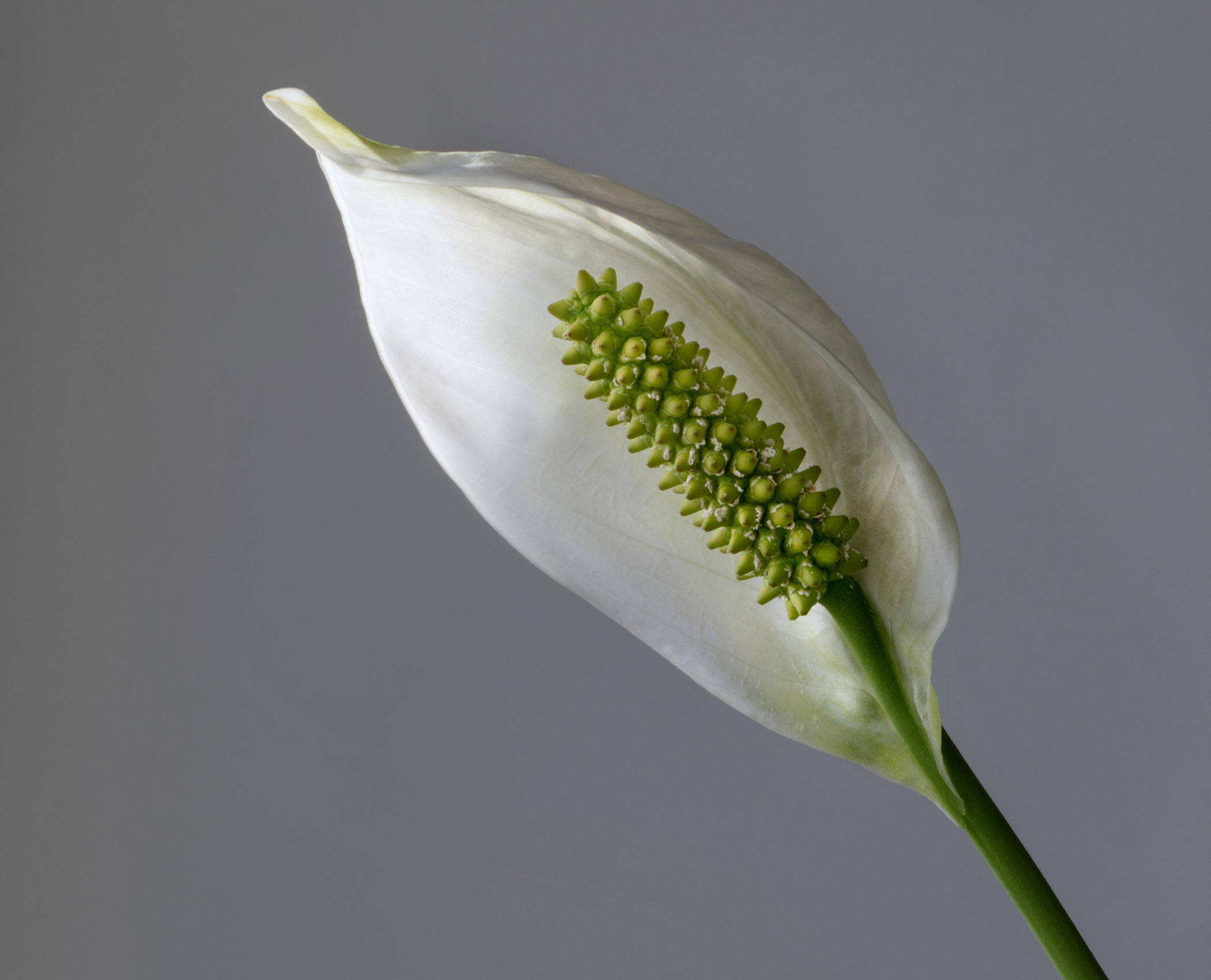People often mention the air-cleaning benefits of indoor plants, but it seems like an urban myth. After all, how could an organism that doesn’t even have a mouth manage to suck pollution out of the air? As it turns out, it’s not a myth at all!
NASA and Air-Cleaning Plants
In 1984, NASA conducted a study to test the effectiveness of houseplants as air purifiers. Before sending astronauts into space in a closed environment filled with synthetic materials and gasses, they needed to determine if plants could help with maintaining a comfortable environment onboard their spacecrafts.
They experimented by creating a prototype of the space environment, which they called a “Biohome,” which was filled with noxious gasses from the synthetic materials it was built from. The first people to experience the Biohome immediately felt unwell, complaining of difficulty breathing and burning eyes.
After installing just 15 plant species known for their air-cleaning properties, NASA was stunned to find the environment was comfortable for human beings within a matter of days!

Common Airborne Toxins Indoors
While you may not be planning on blasting off into outer space any time soon, the NASA experiment speaks volumes on how effective a few indoor plants can be at regulating the air quality in your home. The materials that often find their way into our homes – like treated wood, polyester curtains, interior paint, and even carpet – are capable of off-gassing harmful fumes like formaldehyde and benzene. These are essentially the same harmful fumes the NASA study was dealing with!
Unlike us, air-cleaning plants use these fumes as fuel. Plants use a process called transpiration to breathe, which pulls harmful gasses down into their root systems where they become food for symbiotic soil microorganisms.

Air Cleaning Houseplants
These plants are powerful air cleaners, but they’re also easy to find at our garden center. NASA’s guideline for maximum air cleaning power is to keep 2 houseplants for every 100 sq. ft. of floor space. If you’re doing any major renovations, you may even want to double that. Here are some you can bring home today;
English Ivy: While this plant isn’t pet-friendly, it makes an excellent air cleaner for its compact size. English ivy is very easy to care for, but their leaves and vines are toxic to ingest. They’re excellent additions to high-up shelves in bathrooms with some natural light, as they clean up the airborne particles that enter the air after you flush the toilet.
Bamboo Palm: These statement-making palms look elegant in living rooms, but also do an excellent job of absorbing airborne toxins. These plants specialize in cleaning up benzene and trichloroethylene, which often leeches from new upholstery.
Boston Fern: These ferns have such a high transpiration rate, they could probably run the Boston Marathon! In all seriousness, though, the Boston fern is one of the oldest known houseplants, thriving in rooms without a whole lot of natural light exposure. Boston ferns are highly efficient at cleaning up formaldehyde and mold from the air and replacing it with clean, humidity-boosting moisture.
Spider Plant: Spider plants have begun to re-emerge in popularity, which is great news for those of us who worry about carbon monoxide exposure in the home. Not only do they suck up formaldehyde and benzene, spider plants are also one of the few houseplants that absorb carbon monoxide from the air. Keep them around kitchens, fireplaces, or older furnaces where CO is likely to accumulate.
Peace Lily: While the Peace Lily is a fairly thirsty houseplant, requiring consistent watering, they are excellent for removing benzene and acetone from the air. This quality makes them very handy to have around while conducting household renovations, or in rooms with a lot of active electronics.

While your home may not smell like it, most homes are either built with or contain synthetic materials inside that release toxins into the air over time. These harmful fumes are often odorless and may cause health problems over time that are hard to trace to a single source. Keeping an abundance of houseplants in your home will help to keep the air you breathe clean and healthy for you and your family!

